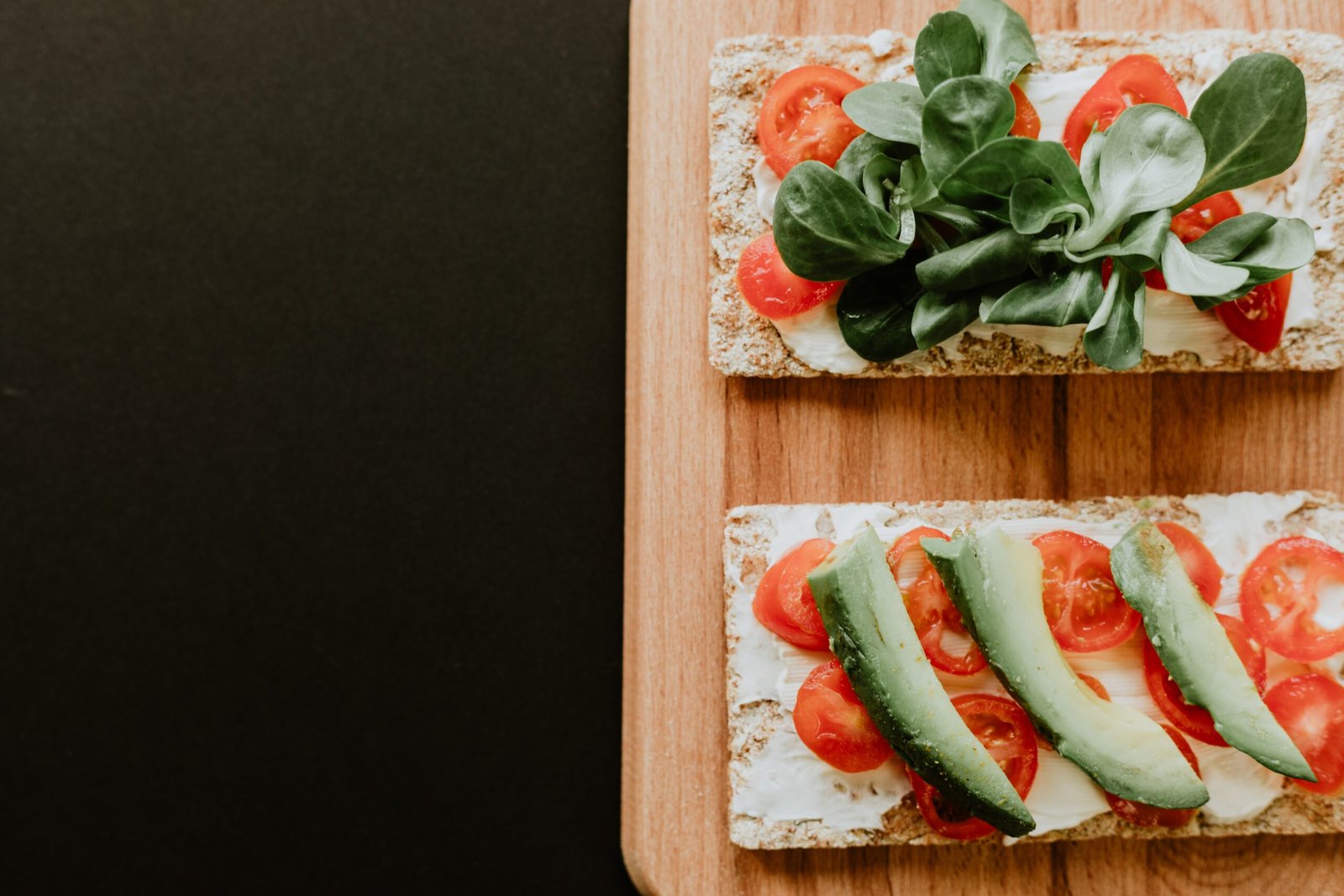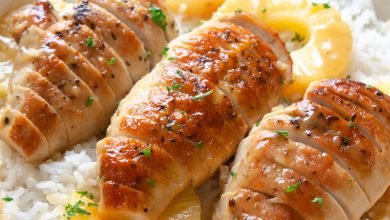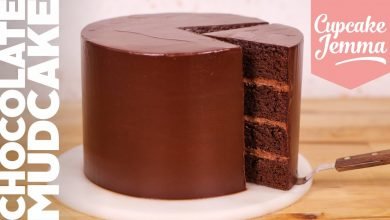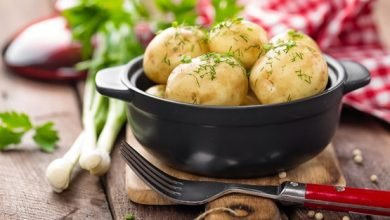How do you cook eggs?

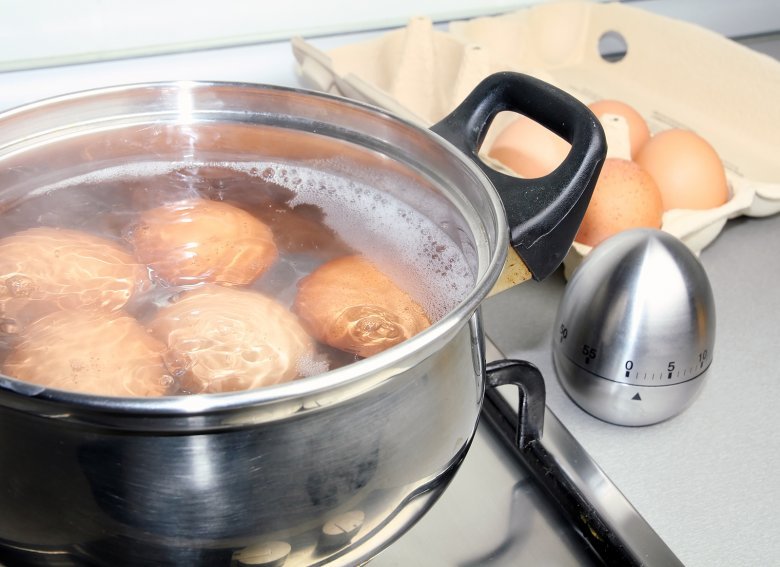 If you pay attention to a few things when boiling eggs, you will succeed in creating a perfectly boiled egg. (Photo by: j_markow / Depositphotos)
If you pay attention to a few things when boiling eggs, you will succeed in creating a perfectly boiled egg. (Photo by: j_markow / Depositphotos)Usually there are eggs in the market Size M to buy. Eggs should help improve the shelf life at home stored in the refrigerator will. Then an egg has a temperature of 4-7 degrees. This information is used as the basis for calculating the correct cooking time.
In general, if the egg is taken out of the refrigerator at least half an hour before cooking, the cooking time is reduced by approx. one minute.
How long do you cook S and L eggs?
Size S eggs should generally cook 30 seconds less than size M eggs. So a soft-boiled size S egg takes 4 minutes. M size eggs take approximately 4 minutes and 30 seconds.
Conversely, size L eggs take about 30 seconds longer, i.e. 5 minutes.
How long do you cook XL eggs?
XL eggs, i.e. very large eggs, take a good 5 minutes and 30 seconds to cook until they are soft.
The right cooking time for the right egg
There are three degrees of hardness for boiled eggs:
- soft boiled eggs
- Waxy or medium-hard boiled eggs
- hard-boiled eggs
Soft boiled eggs
With soft eggs, both the yolk and the protein remain soft. Cooking time: 4-5 minutes
Wax-soft or medium-hard boiled eggs
A waxy egg has a slightly firmer egg white, but the yolk is still runny. Cooking time: 5-8 minutes
Hard boiled eggs
With hard-boiled eggs, the whites and yolks are firm and cooked through. Cooking time: 9-10 minutes
How do I cook eggs in a pot?
We always recommend the eggs directly into bubbling boiling water to give and the pot with a cover to close.
If the eggs are put into the water beforehand, you never know when exactly the eggs will start to boil.
Quench the eggs
If the egg is removed from the water after the desired boiling time, it will remain hot for a while and will continue to boil. Therefore, a soft-boiled egg should be quenched to prevent it from becoming firm afterwards.
Quenching means running cold water over the egg for a short time immediately after cooking.
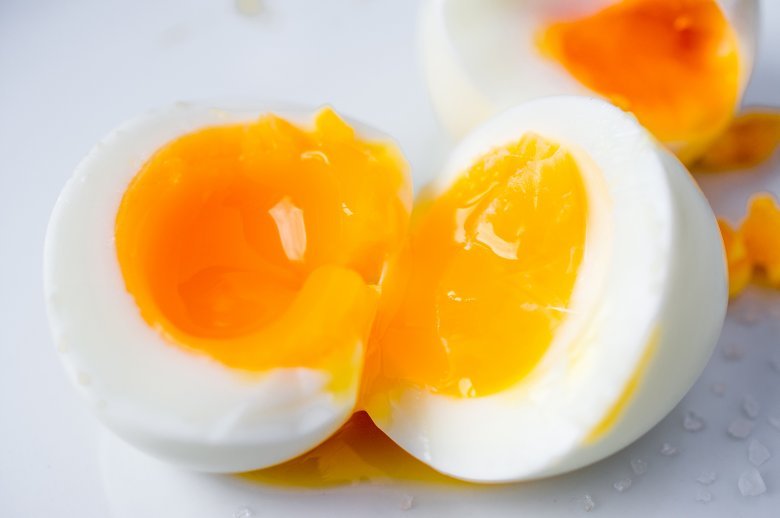 For many people, a soft-boiled egg symbolizes the perfect breakfast egg. (Photo by: Photosiber / Depositphotos)
For many people, a soft-boiled egg symbolizes the perfect breakfast egg. (Photo by: Photosiber / Depositphotos)Prevent the eggs from bursting
To keep eggs from bursting while cooking, just something Vinegar or salt add to the cooking water. This has a positive effect on the coagulation of the protein and thus prevents the egg from leaking.
To protect the egg from damage, we recommend carefully adding it to the saucepan on a tablespoon.
It is also often said that piercing eggs before cooking will keep them from popping. To do this, the blunt side of the egg is pierced lightly with an egg piercer or a needle. However, the effect of piercing has been questioned by several experimental studies.
Peel eggs properly
Peeling boiled eggs can easily become a test of patience. The shell often sticks too tightly to the egg. One way to be able to peel eggs more easily after cooking is to completely peel them after cooking cooling down allow. Then the shell can be removed much easier. It can also do something Baking powder (baking soda) to be added to the cooking water. That also makes peeling easier.
Eggs cook at higher elevations
Elevation affects how long an egg has to cook. The temperature of boiling water is lower at higher altitudes. Then it takes a little longer.
Boil several eggs at once
The more eggs that are put into a pot at the same time, the more the boiling water cools down briefly. Therefore, a little more time has to be planned for a higher number.
Continue to use the cooking water
The cooking water can be used again on the same day, for example to cook potatoes and other things.
How long can boiled eggs keep?
Only hard-boiled and undamaged eggs should be stored afterwards. Then they are in the refrigerator for at least two weeks durable, often much longer.
However, there is always the risk of overlooking small cracks. Even these can encourage the penetration of germs. Then the eggs spoil quickly. Storing boiled eggs is therefore not necessarily advisable.
 First boil the eggs, then let them cool – this makes them easier to peel. (Photo by: belchonock / Depositphotos)
First boil the eggs, then let them cool – this makes them easier to peel. (Photo by: belchonock / Depositphotos)Possible alternatives to boiling eggs in a pot
Boil eggs in the egg boiler
Egg boilers are the best option if you don’t want to use the saucepan. Modern egg boilers can pierce eggs, keep them warm and the desired hardness can be set beforehand.
Boil eggs in the kettle
Eggs can easily be cooked in a kettle without heating rods. Boil the water once, then add the eggs and activate the kettle again. Depending on the kettle, it may be necessary to keep pressing the operating button. It’s a bit of a hassle.
Boil eggs in the steamer
Boiling eggs in the steamer also works very well. A large steamer is particularly useful for boiling many eggs at once.
Set the temperature of the device to the same level as boiling water, i.e. about 100 degrees.
Boil eggs in the microwave
Eggs can also be cooked in the microwave. However, this is a bit more complicated. The eggs must be placed in a microwave-safe dish. As in a saucepan, they should be completely covered with water.
The eggs can burst quickly in the microwave. Therefore, please use a maximum of half the microwave power. So it takes a little longer.
